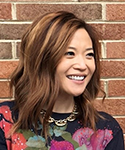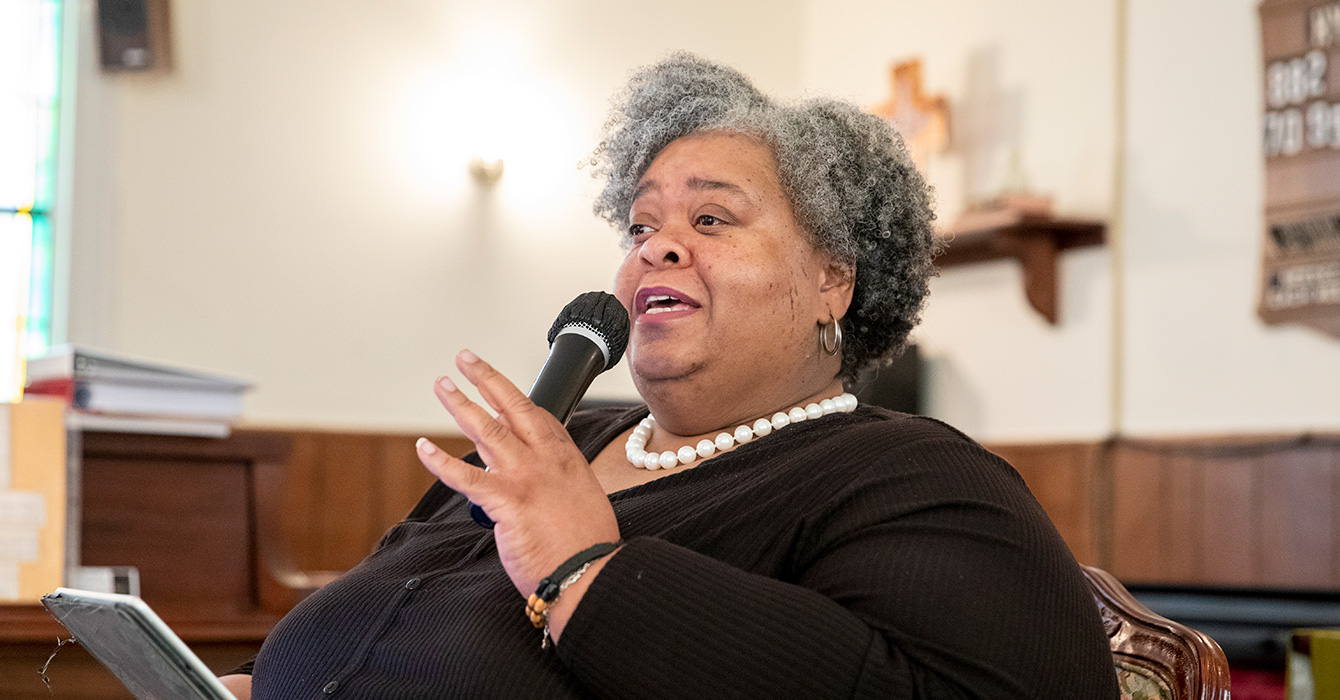I am a relative latecomer to the smart phone market. I enjoy the separation from email when away from the computer, but when my simple cell phone died, I could hold out no longer.
My favorite application on the new phone may be the GPS feature. There is something remarkably comforting that my current location and desired destination can be pinpointed at the touch of a finger. The blue dot honing in to identify an exact location, then calculating a route, complete with turn-by-turn directions, trip duration and mileage count, all bring such satisfaction. Sometimes I’ll reset the GPS several times over the journey, just to see the blue dot make progress and recalculate.
I wish someone could write an app for discernment.
Wouldn’t it be great if at the touch of a button we could know exactly where we are in life, and where it is we want to go? But what about periods of transition, when we feel unmoored and find ourselves in a liminal space. If we aren’t sure where we are, or even where we want to be, discernment begins with self-exploration. Discovering, or re-discovering, our identity is a faithful first step in discerning future activity.
Questions of “who am I” or “who are we” are easily bypassed or ignored in times of transition. Anxiety is high in uncertainty, and often we just want to make a decision already. It is satisfying to know where we are going and plot out how to get there. But sometimes leaders are tasked with holding a space for important questions to linger.
Times of transition that invite discernment and probe self-knowledge are invitations to prayer. Centering prayer is especially helpful because our minds are exhausted from examining all the possibilities. In centering prayer one attempts to get behind their thoughts to attend to a deeper presence. Reflecting and understanding are useful, but deep knowing happen at the heart level, where our spirits and God’s Spirit commune in ways beyond words.
The 14th century author of “The Cloud of Unknowing” writes that we cannot know God through our minds. God is absolutely incomprehensible for us finite creatures. The only way to know God is through love. He calls this “unknowing”—a process by which we rejoin our creator and reunite our spirit with the Divine Spirit.
Thomas Keating, in his classic “Open Mind, Open Heart,” offers further instruction on centering prayer. The more time we spend in the presence of the holy the more of our identity we reclaim as beloved children of God. The injuries we have suffered, the weight of expectations thrust upon us, the cacophony of competing voices, become less defining. The false self—an identity constructed to navigate our way past barriers and to ensure success—begins to peel away, and our true self emerges. It is atrophied but resilient. The fruits of centering prayer manifest themselves in an inner peace, deep humility, and gentleness with ourselves and others.
Centering prayer invites us to rediscover who God created us to be. It reminds us of the truth that we are more than what we do. We are a human being; not a human doing. While who we are and what we do intertwine, our identity and activity are not the same—thanks be to God. Our worth arises solely from being created in the image of God and embraced with an everlasting love.
Rose Mary Daugherty, in her latest book “Discernment,” writes that once a person is reunited with their God-given sense of identity, they are better equipped to make decisions about who they are in God. She invites readers to move away from considering questions of right and wrong when it comes to discerning God’s will. When we are operating in freedom from our relationship with God, we can listen “to the deep wannas of our life.” God created each us with particular likes and dislikes, gifts and challenges. God will be with us on whatever path we choose.
Centering prayer does not grant the instant gratification that my smart phone GPS can. No one has yet written a reliable algorithm to map the spiritual life. But God’s Spirit calls to our spirit always.
The Rev. Kim Seidman recently concluded a two year residency at Christ Church Episcopal in Alexandria, Virginia as part of Lilly's Transition into Ministry program. She now resides in Denver, Colorado.







